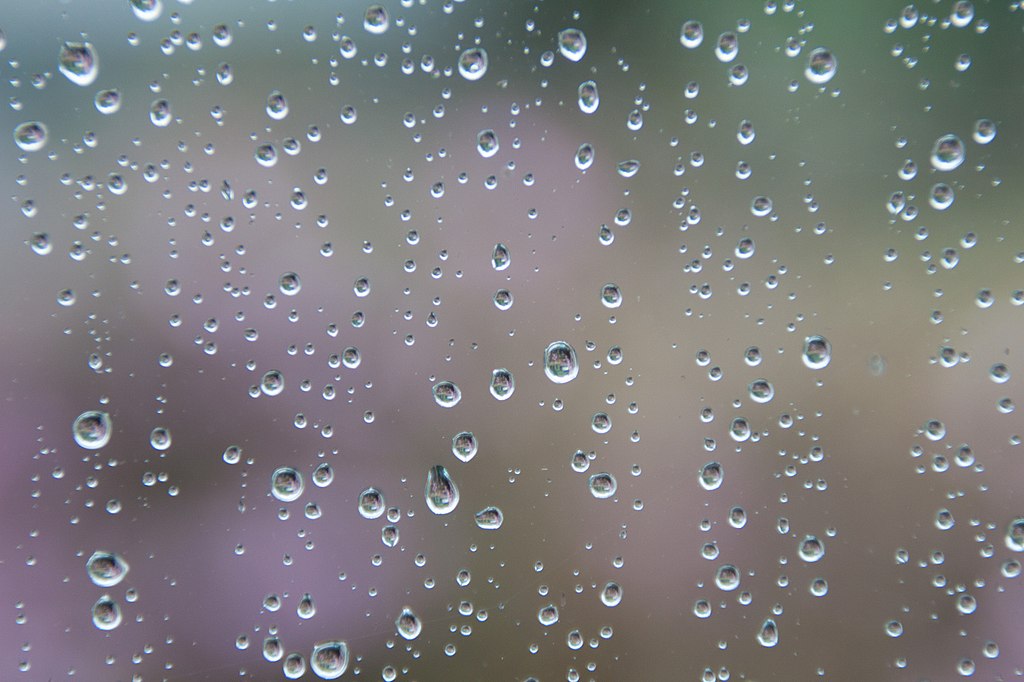
Joshua Sampson, CC BY 3.0, via Wikimedia Commons.
For our series Making of a Poem, we’re asking poets to dissect the poems they’ve published in our pages. D. A. Powell’s “As for What the Rain Can Do” appears in our new Fall issue, no. 245.
How did this poem start for you?
This poem began as a silence of wishing. As one does when falling silent. One wishes a something that isn’t happening. Or a something that is happening but should happen (one wishes) differently. In this case, I was in my kitchen nook. Outside it was raining. But raining in that dire way—trees falling, streets flooding. And endlessly so. San Francisco was at the bottom of what meteorologists were calling an atmospheric river. In thirsty California, rain is so often wished for. And now here I was, wishing it away. I didn’t want to be against the rain.
Was there a certain word or image that catalyzed your writing?
The phrase “well you know what so-and-so can do” was floating around my brain, only I had plugged rain into the spot marked “so-and-so.” And it seems as soon as I caught myself thinking negatively about the rain, I felt a correction in my thinking was in order. So I went to all the places rain might go, trying to select mostly positive things. Flood, for example, is usually a negative, but the flooding of a rice field is magical—it creates a safe haven for birds while hindering weeds. The first two lines seemed to strike a nice balance with each other—one long and one short. So I kept that pattern going.
Did the poem come easily, or was it difficult to write?
It just all fell out pretty much as it is, except that the sixth stanza was written after the seventh but seemed to belong before the seventh. Otherwise, my choice was to be gentle with this poem and let it spill out line by line, one at a time, as if each line were the only answer to the question of what the rain could do. Each line was made to stand in a couplet with one other line. Only in the fifth stanza do two lines of a couplet actually refer to each other. Otherwise they are meant to be odd couples. Sadly, there were seven such couples, so they wound up being a sonnet. But maybe they were headed for sonnetness all along? I don’t know really. Partners at a dance choose each other for all sorts of reasons and fall into patterns of motion. I let the poem tell me what it wanted. I let it have its way with me. Maybe I encouraged it? When one has gone into a wishing silence, one doesn’t know what wish will come to fill it.
Do you wish you’d done anything differently?
I have no regrets.
D. A. Powell is the author of five books of poetry, including Repast: Tea, Lunch and Cocktails and Useless Landscape, or A Guide for Boys.
from The Paris Review https://ift.tt/3TGCfNM
Comments
Post a Comment